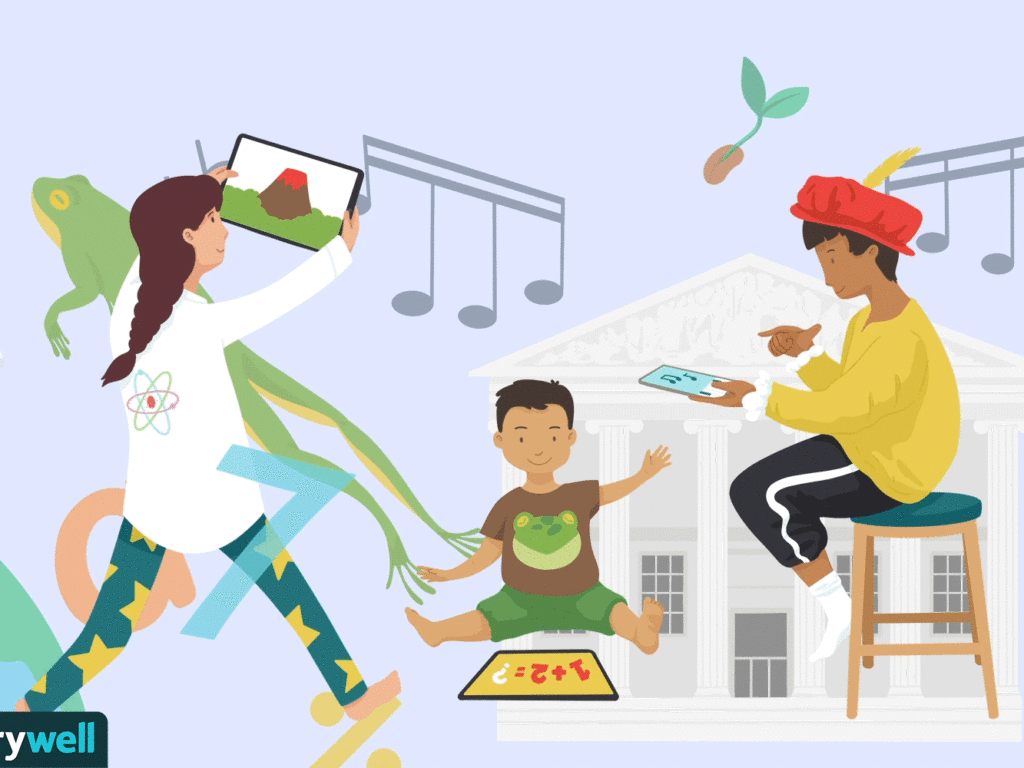The term Generation gap has become synonymous with the communication gap in today’s life. With the involvement of technology and parents running behind earning more and more money to provide better facilities to their children, parents forget that the materialistic things and the values and morals taught to the child will shape his personality. The upbringing of a child depends upon a healthy communication between a parent and a child. Parent-child communication could be a sophisticated method that involves words, behavior, non-verbal cues, and emotional signals. The communication gap is increasing widely day by day. Folks are working overtime and come home exhausted and eventually get too busy to pay quality time with kids. Thus, children get emotionally distant from their parents and fall prey to online friends, online gaming, etc.

Some Leading causes of communication gap between folks and their kid are:
Unnecessary Hegemony of parents
Indian parents mostly try to impose their thoughts and will on their children because they believe that they are always too young to make life decisions. They pressurize them to score excellent grades, ignore their favorite interests and hobbies. And say it or not, the beginning of this imposition of will is the beginning of the end of the thought sharing process by the children’s side. Indian parents don’t try to become their child’s friend, but they command their children what to do and what not to do. Their stubborn conventional thinking crushes the liberty of children, making them feel confined. Children feel like their wings of creativity, thoughts, and desire is being torn off their body. This results in children believing that their parents are their anti-choice and start hiding things even if they are in any problem.
The difference of opinions between parents and children
Another prospect of this communication gap is the mindset difference between them, which originates from the age gap. Parents are often too rigid to understand that Needs and mindsets were not the same 30 years ago. Parents try to follow the same conventional upbringing methods as they grew up; they don’t understand the need for this changing world. They do not support new innovative thoughts and opinions from children; instead, they force their conventional thinking. Children start hiding their views out of the fear of suppression of ideas. They keep their thoughts to themselves. This starts clogging their minds. All these children try to exclude their parents from their lives, thoughts and believe me, That’s not easy and is unwilling but intentional. Parents fail in seeing things from children’s standpoints, thus resulting in the broader generation gap.

Technological Gap
Children today are technology-savvy, and parents do not have time to understand and cope with the new technologies born every day. Thus the parents fail to keep themselves updated with the current trends in their child’s world. The absence of digital knowledge and parental control software leads to many differences between parents and children. They are also unaware of their children’s web surfing details and cannot control their online behavior, which is necessary for today’s technology-driven world.
Insufficient Communication
Parents find it challenging to spend time with their children because of the heavy workload at the workplace and stress. They spend meager time listening to and communicating with children. As a result, children avoid sharing their school life or other incidents with their parents and feel neglected.

Unrealistic Expectations
Most of the time, parents have hopes and expectations for their children. While these expectations inspire children to achieve better, chimerical ones make them feel insecure and incompetent. The constant pressure and nagging from parents make children feel inferior when they cannot meet the expectations. Therefore, it leads to low self-confidence and high self-criticism in them.
Tips to Bridge This Communication Gap
- 1. Improve your behavior toward kids. Do not shout or raise hands on them as this will do no good.
- 2. Try to understand things from your child’s perspectives.
- 3. Make your child feel unique, talented in his own style, and an important family member.
- 4. Habitually ask about his opinions and choices and the intention behind those.
- 5. Discuss his viewpoints, dreams, and thoughts openly as you would do with your own friends.
- 6. Share your time, games, and social activities with him. Try to be his friend and not just a strict parent.
- 7. Guide him through difficult situations. But make sure he takes decisions based on his understanding. Let him handle his faults and problems so that he learns his lessons.

Way Forward
Although it’s hard to resolve the problems between a parent and a child, it is simply bridged if, especially, parents attempt to communicate with youngsters on a daily routine. Any conflicting or disputable problem must be thoroughly discussed and reacted healthily to avoid any confrontations and penalties. Organize family activities like a picnic, parties, or some fun trip and pay quality time together with your family. Parents should also try to become friends with their child’s friends. Parents ought to provide them enough space so youngsters will candidly share their issues with them and perceive their scenario from their viewpoint. Excellent communication involves a lot of talking, discussion, especially between parents and kids.




















